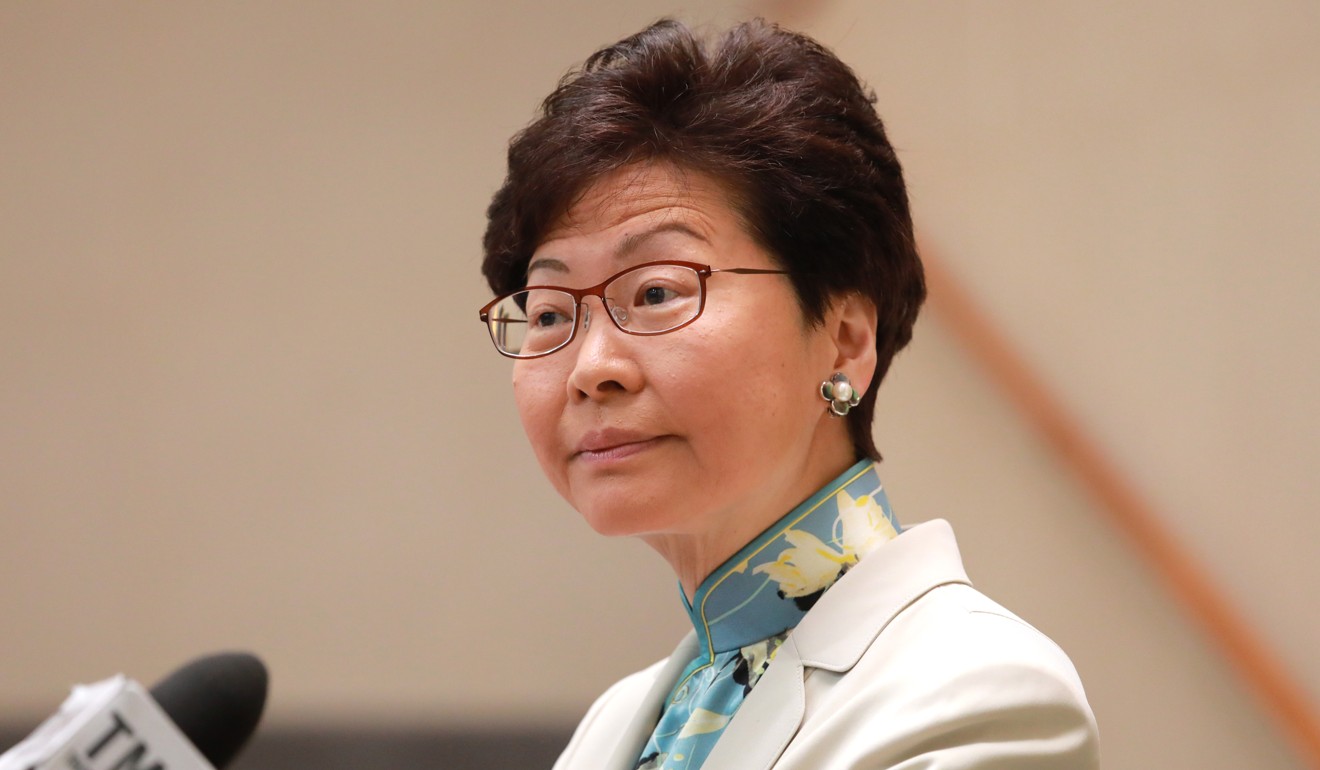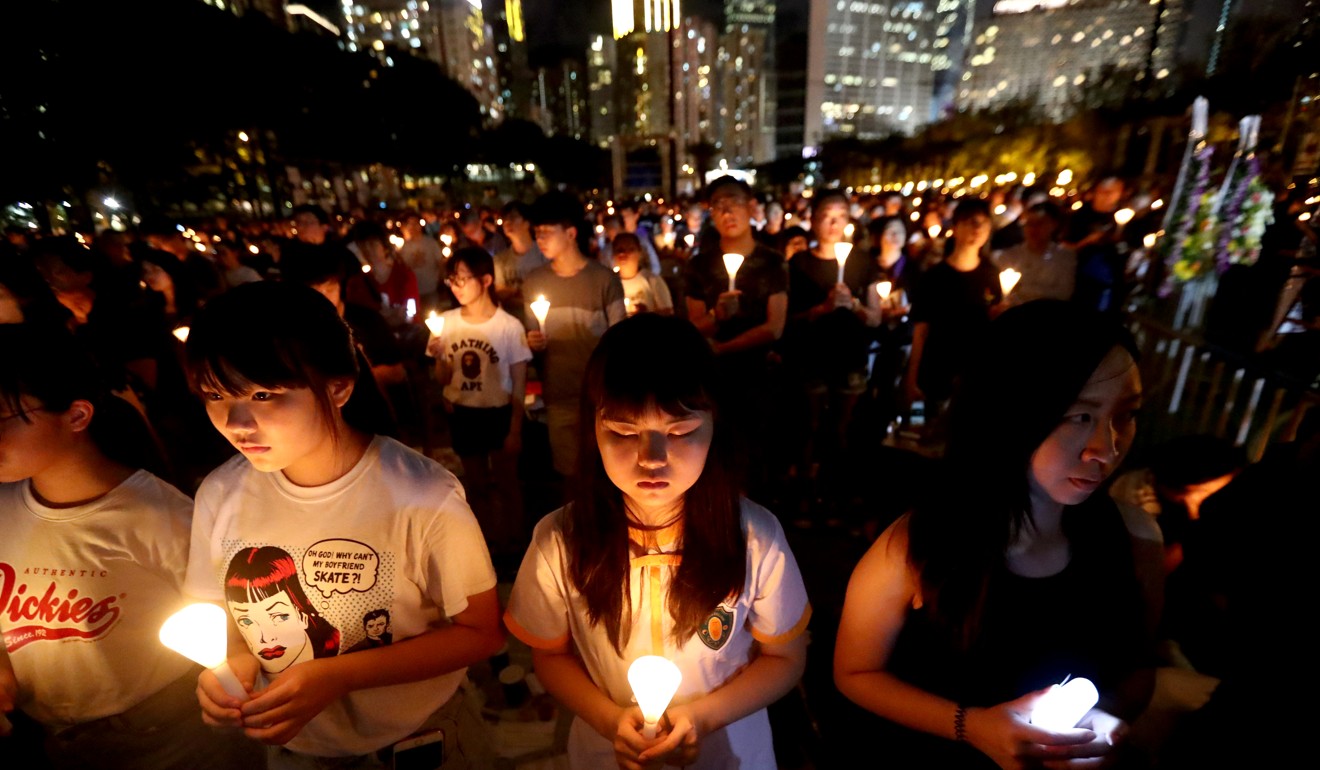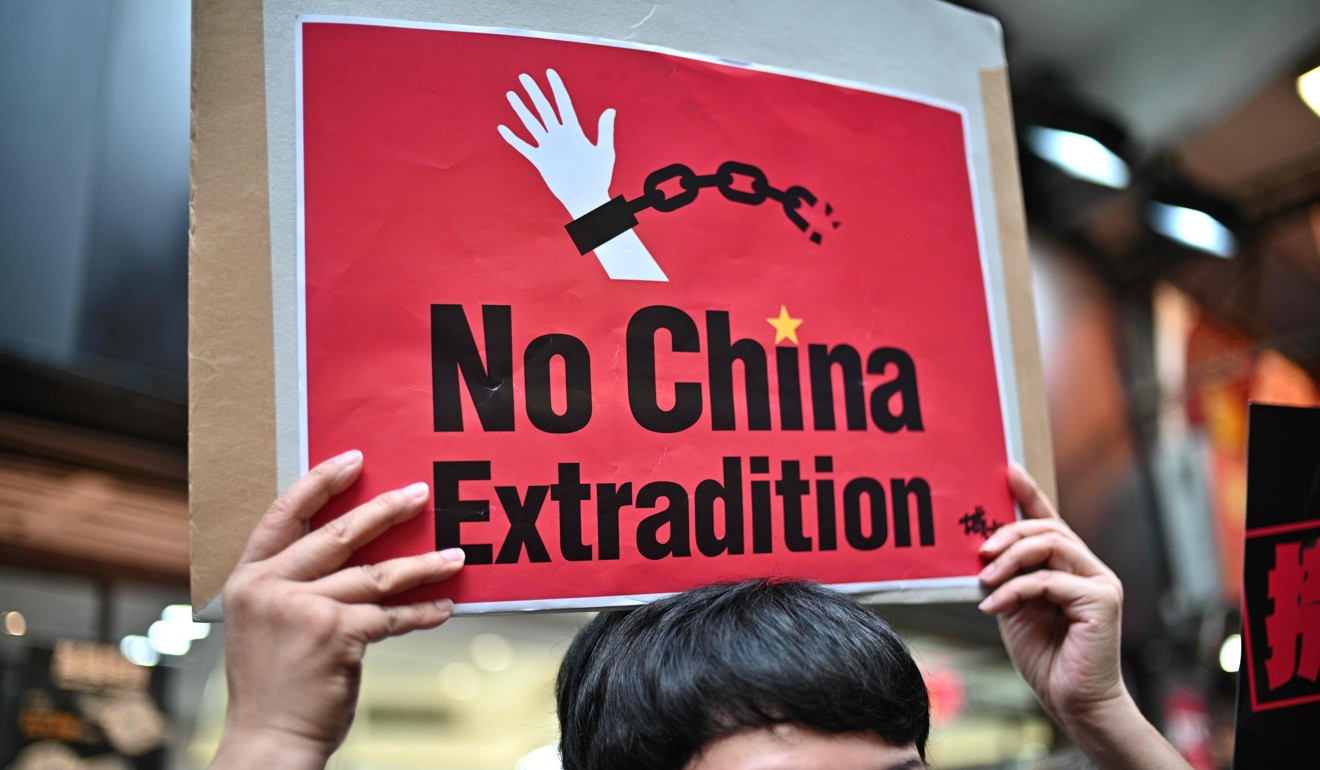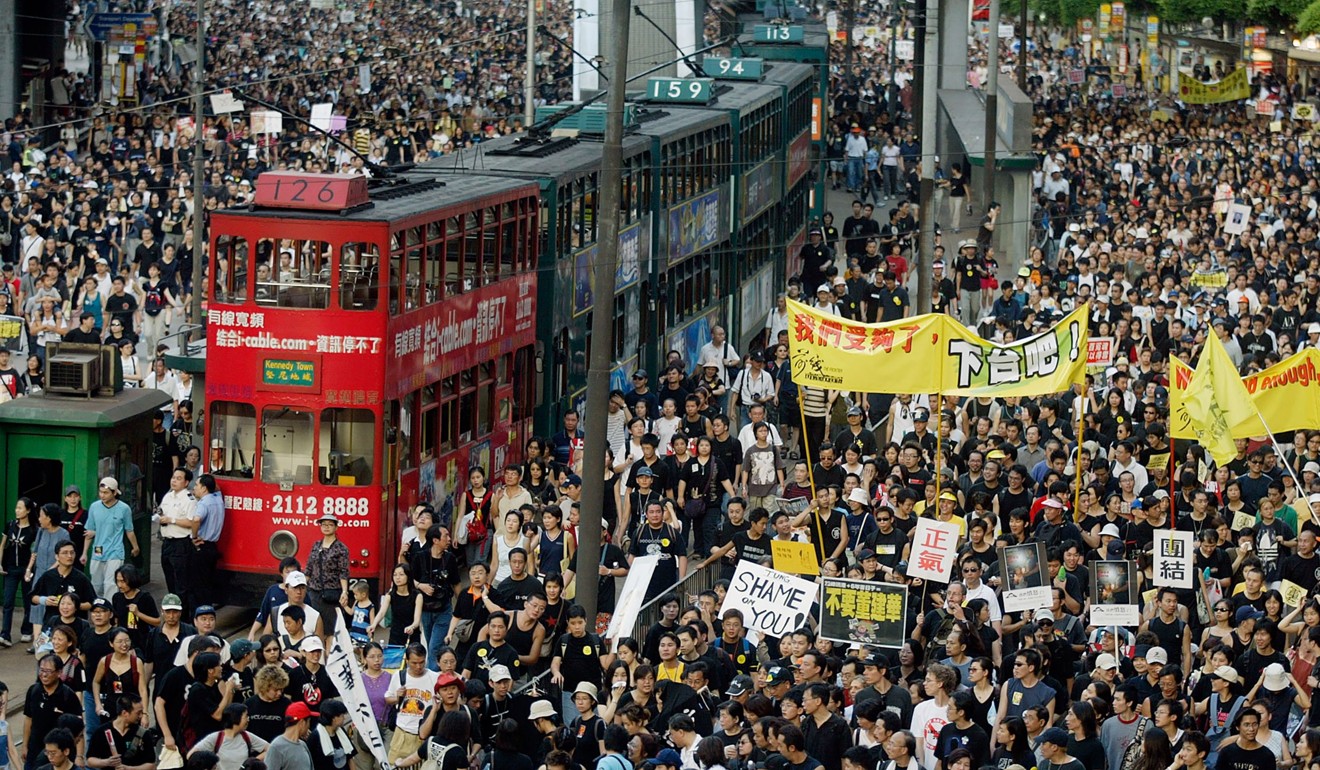
Can a candlelight vigil ignite a political flame? All eyes on June 4 turnout to mark Tiananmen crackdown as Chief Executive Carrie Lam gauges public sentiment over extradition bill
- Size of crowd at June 4 vigil will be display of public opinion on extradition bill – and the city leader’s political agenda

What could be next on the government’s political agenda after its highly contentious extradition bill? Will changing the city’s fugitive transfer laws pave the way for enacting the long-overdue national security legislation – or make it even more difficult to sell?
These questions have arisen again in the minds of many Hongkongers, and perhaps also for Chief Executive Carrie Lam Cheng Yuet-ngor and her administration.
Beijing has constantly reminded Hong Kong of the need to enact national security legislation, but it has always been a matter of finding the appropriate timing, practically and politically.
On a practical level, it’s common sense for the government to first ensure it has enough supporting votes in a divided Legislative Council. Politically, the risks and potential prices to pay must be assessed.

At the moment, despite the foreseeable political backlash at home and abroad, a major practical reason for the government to go all out in pushing the fugitive transfer bill is the political reality that pro-establishment lawmakers outnumber pan-democrats in the Legislative Council.
But Article 23 of the Basic Law, under which the city is duty-bound to have national security legislation in place, is another matter altogether.
The annual June 4 candlelight vigil at Victoria Park may provide a clue.
Time flies – 30 years may just be a drop in the ocean of history, but it marks a critical stage in one’s life and the evolution of a place. As Confucius said in describing the six stages of life, “At 30 I had planted my feet firm upon the ground.”
For three decades, the mass gathering at Victoria Park has been held every year to commemorate Beijing’s military crackdown on the student-led democratic movement of 1989 at Tiananmen Square.

It is clear enough that without a vindication of this patriotic movement, winning the hearts and minds of many Hongkongers is still too hard a task for Beijing.
Ironically, it also shows the uniqueness of Hong Kong, where every year there’s a massive commemoration of the Tiananmen crackdown – and it’s entirely lawful.
Over the years, Victoria Park has embraced mainlanders coming all the way here to do what would be impossible on the other side of the border.
This year’s turnout at the vigil, without doubt, can serve as a useful indicator of public sentiment on the government’s proposal to transfer criminal suspects to jurisdictions where Hong Kong has no extradition agreement, Taiwan, Macau and mainland China.
Organisers expect an unusually large crowd this June 4 with more participants showing up to express discontent over the fugitive bill.

Authorities know well that the size of the crowds turning up every year for the vigil can be a good gauge of political sensitivity to major policymaking.
There is speculation that similar public sentiment could prompt Lam and Beijing to reconsider the feasibility of going ahead with Article 23 any time soon.
It is also a matter of public confidence in the “one country, two systems” policy.
In 1998, when asked whether Hongkongers would still be allowed to hold June 4 commemorations and rallies after the 1997 handover of sovereignty, then-premier Zhu Rongji made it clear that the city would continue to enjoy such freedoms as long as no one breached local laws and the Basic Law.
Beijing’s special governing formula has been well received overall as the best post-1997 arrangement for Hong Kong, but controversies over its implementation continue.

In recent years, Beijing has regularly reminded Hong Kong not to neglect the “one country” aspect of the formula, setting a “red line” against independence advocacy. Its approach has also been seen as a tightening of its grip on the “two systems” part of the policy.
With political tensions continuing to intensify over the extradition bill, Lam earlier lamented that although she agreed that Article 23 legislation was a constitutional obligation for Hong Kong, the political reality suggested the distance to this goal was getting “further and further”.
She can look for the latest sign of how “far” that distance has become on the night of June 4 at the vigil.
At the end of the day, however, Lam has many pressing livelihood issues to tackle, such as the runaway property prices that are causing so much unhappiness in the city.
She also has to ensure Hong Kong is well prepared for the worst possible challenges as US-China relations deteriorate.
It is unlikely she will ignite another political bomb.